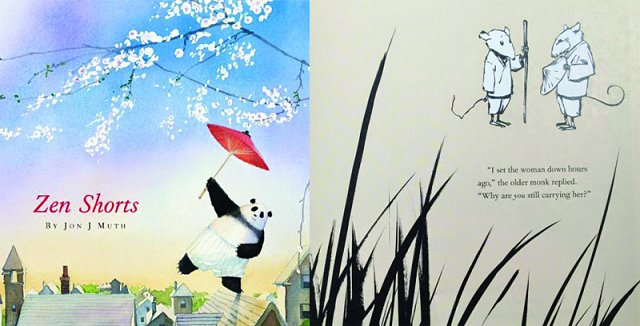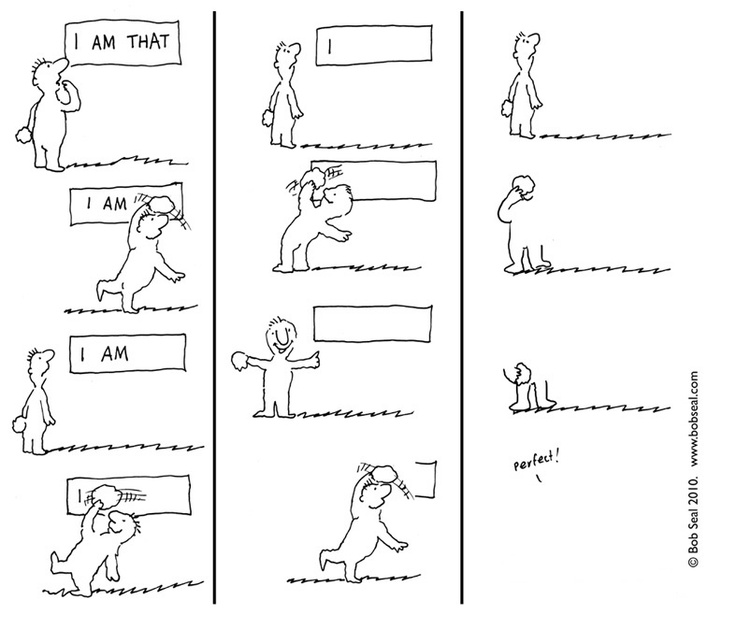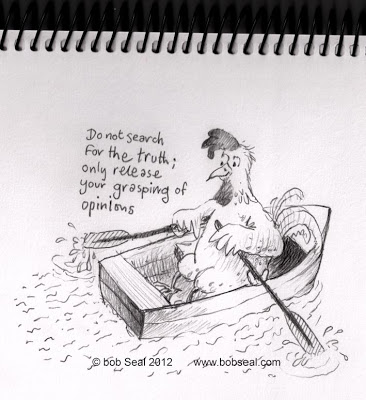
On this course on a relational mediation framework called Insight Dialogue, we have spoken about right speech inner and outer, and about Papancha. In this post, I want to deal more practically with what to do with that pesky inner narrative as we start to become more aware of it in the pause of this practice. In reading and listening to some of my students’ posts this week, I was struck by how much we carry the weight of mental formations precisely during the times when we choose to act in a way that fulfils our commitment to right speech (that which leads to long term wellbeing for oneself and others):
The Buddha was precise in his description of Right Speech. He defined it as abstinence from false speech, abstinence from malicious speech, abstinence from harsh speech, and abstinence from idle chatter. In the vernacular this means not lying, not using speech in ways that create discord among people, not using swear words or a cynical, hostile or raised tone of voice, and not engaging in gossip. Beth Roth
When something happens in the outer world, we remember our vow to practice right speech. We note a hindrance such as ill-will arising, and we choose to say nothing in that moment so as not to add ill-will to a situation. Triggers abound in the world, and we note them that much more when we have made a vow to abstain from false speech. What my students have been commenting on this week is the extent to which inner right speech feels that much more challenging. We carry the situations that trigger us for days, we notice the 5 hindrances take hold and their effect on the texture of the Citta. Yet, we often find ourselves unable to put the burden down.

So I spent this week looking to my own teachers to find some ideas to support my students in this practice, when I refer to ‘practice’ in what follows I mean Buddhist Meditation practice, which includes the practice of right speech and Insight Dialogue. I know how challenging it can be to sit with our thoughts when we identify them as me/mine. Triggers ‘out-there’, say something about the self we built ‘in-here’ and the more we feel out-there is the cause, the less likely we are to be able to put the burden down.
They might be shooting at us. What is it? It doesn't matter. It's that inner peacefulness that makes all the difference. It's that inner experience that we live in. We don't live in those outer experiences; they're just triggers. One of the formulas that's important to have and to remember, and maybe hang over your bed or somewhere you can see it is: Don't Blame the Trigger. Out there, they're all triggers. What this cultivation of metta means is that within us we have acquired a peaceful zone. We have acquired a zone without pollution. We have acquired a feeling of safety and security, which will be with us no matter what happens. But that's the result; the work toward that goes on day after day, moment after moment. Ayya Khemma
Working towards ‘the inner zone without pollution’ Ayya Khemma describes is tough, and can take more or less time depending how deep our insight is; insight in the sense of seeing life as is through the 3 characteristics of existence – anicca, dukkha, anatta – not in the sense of personal insight. Buddhism generally, and Theravada as the foundation of Insight Dialogue in particular, emphasises what psychologists call self-transcendence values, such as benevolence and universalism (Swartz, 1992). This matters here because, according to Theravada Buddhism, to be able to put the burden of false speech down, we also need to work on insight in the non-personal sense; this means an aspiration to turn the sense of an abiding self into a fluid impermanent collection of elements of existence. When right speech is taken outside this context, the noble 8-fold path, it can overwhelm us. This is the distinction between personal and spiritual development, the personal aims to develop a self adapted to the society it operates in, the spiritual aims to transcend it.

Right Speech requires more than mindfulness and is fundamental to the practice of relational meditation as developed in Insight Dialogue. John Peacock challenges some of our mainstream understanding of mindfulness as non-judgemental awareness, he reminds us that ‘not everything is changed just by looking at it, sometimes you have to do things’. A vow to practice right speech in the world is us ‘doing things’ to evolve. He highlights that the Buddhist path is one where we commit to ‘deliberately and mindfully forming concepts, inclining our mind’ to particular concepts and away from others. Peacock quotes the Buddha to sum up the commitment we are making: The way you incline your mind will become the shape of your life.

And the question remains, how do I release the grasping of my opinions to find that space beyond the I-thought, what Bohm calls the tacit space beyond thought? Even if we are committed to practice, and have made a vow – or perhaps because – can somebody offer us something to guide us through the challenge of sitting with the pesky inner narrative that is so often the practice of false speech?
For this I had to turn to my own teachers.
With deep attention you put aside the assumptions and judgements and check it out and you do so repeatedly until you have reliable field notes on a psychological pattern. Maybe you challenge your preferences, phobias and addictions by undermining their imagery; imagining what the new and shiny will look like in five years time for example. Maybe you just need to ask, as the Buddha reportedly did:Is this mental pattern for my welfare, the welfare of others, and does it lead to liberation? Consciousness is then the experience of being with a sight, sound, thought, etc. So when there is the movement to attach to or grasp any aspect of consciousness, balance is lost, just as when a tightrope walker tries to grip the wire that they are walking on. Consciousness, the co-arising of object, knowing of it and subtle presence, is a process that has to be adjusted to. Which is a kind of effort. Yet, if I maintain that balance, if I incline towards resting in that relational sense, I do not feel bonded to sights, sounds and the rest. I feel less embedded in what is arising and able to respond, step back, engage or investigate. Ajahn Sucitto
And there is also common wisdom that leads to the same end, if the complexity of Buddhism makes your head hurt:
And it reminds me that the secret of wellbeing lies in things that we were taught as children, and at the time may have rebelled against, because they seemed to be all about the benefit of adults. Be grateful, say thank you, see the good in whatever comes to you, forgive people because you know, it is good for them. Be tolerant. But you thought: Why should I? Why should I forgive? And why should I be grateful? Life teaches us that these things are the secret of happiness and that they are done as much for our own good as for that of others. Yet the dichotomy is false, because in helping ourselves we help others, and in helping others we help ourselves. So I will just leave you with this thought: the sense of a sacred world, the sense of a world that calls forth feelings of tenderness and gratitude in us, is probably the true source of wellbeing that we walk past as we hurry onwards, on our way to death. Iain McGilchrist
Finally, excerpted audio from one of my most beloved teachers, now dead, Ayya Khemma: Don’t blame the trigger! Be warned she is quite uncompromising, the audio quite bad quality, and listening for meaning will require deep attention:
She speaks for the place of spiritual insight I spoke about earlier, not from a place of the right or wrong of the world as we live it daily. I find helpful the idea that I can walk away from a trigger without blame and that this may enable to affect the situation more skilfully at another time. In these situations I sometimes find that a chant I learnt in my monastery helps me. It is called Reflections of Universal wellbeing (click on the link to listen to it) and it reminds me that
When they act upon intention
All beings are owners of their action
And inherit its results.
Their future is born from such action
Companion to such action
And its result will be their home.
All actions with intention
Be they skilful or harmful
Of such acts, they will be the heirs.
I hope that some of the resources I am sharing here will support further exploration of the practice of Insight Dialogue for my students and also enable them to take the practice of right speech further in their informal interactions in the world.
My understanding of these teachings today; take what serves and ditch the rest.